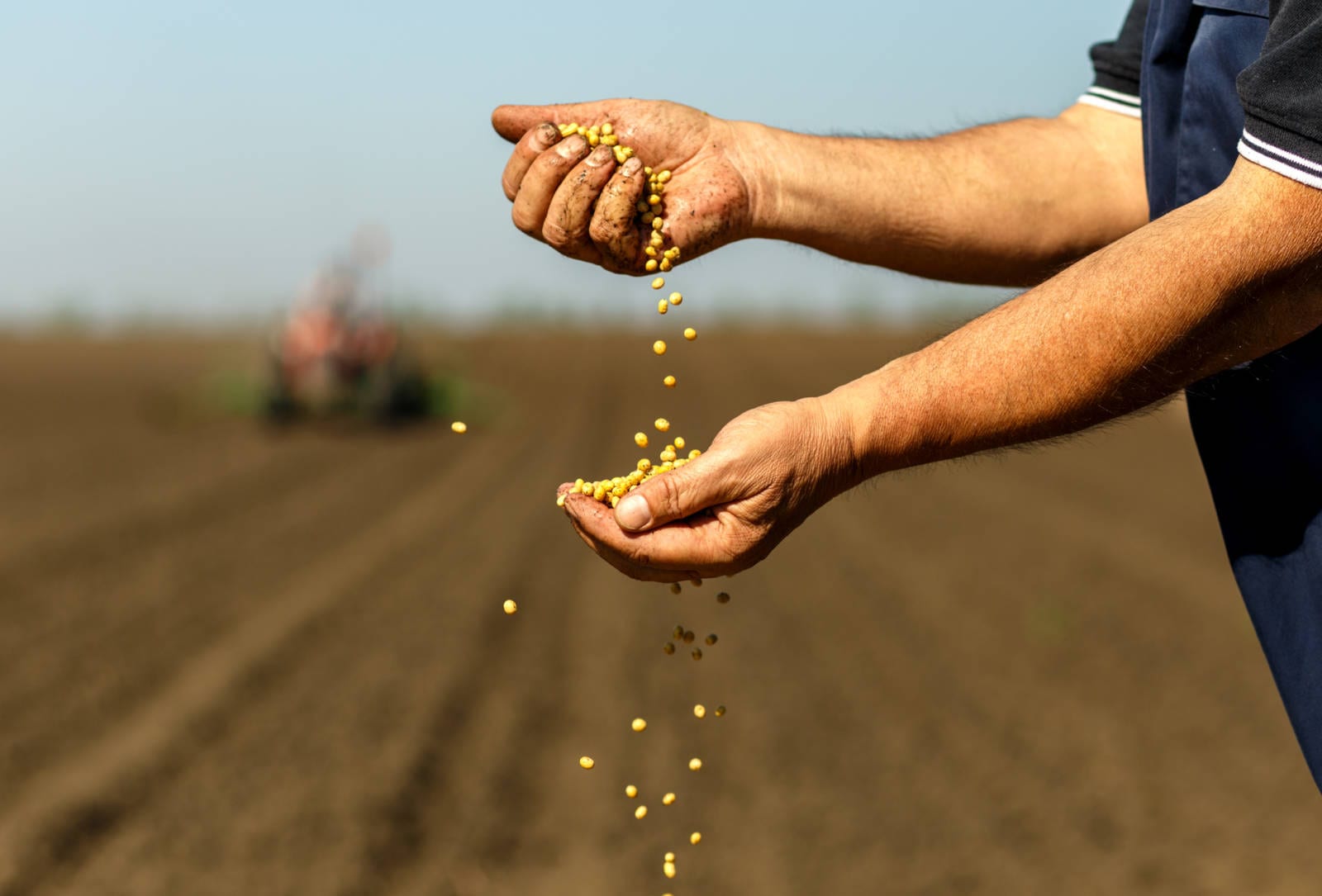The U.S. government has labeled agriculture a critical industry during the novel coronavirus outbreak, according to the U.S. Department of Homeland Security. The designation extends to the entire food and agriculture production system.The global outbreak of COVID-19 has been labeled a pandemic by the World Health Organization (WHO).
“If you work in a critical infrastructure industry, as defined by the Department of Homeland Security, such as healthcare services and pharmaceutical and food supply, you have a special responsibility to maintain your normal work schedule,” the guidance states.
The designation is advisory, rather than a federal directive or standard. The move encourages state and local authorities to allow farms and the entire food supply chain to continue operating as usual amid current and potential restrictions created to stem the spread of COVID-19. And, it reassures U.S. farmers and input suppliers that the 2020 growing season will get underway as planned.
Because the designation covers the entire supply chain, farmers should continue to have access to everything from equipment parts and inputs like seed, fertilizer and pesticides needed to plant crops this spring. And, farmers should be able to continue delivering soybeans and other commodities to the value chain, for transportation to customers. That ensures a steady supply of soybean meal used in animal feed, as well as soy and soybean oil for human consumption.
State governments within the U.S. are following the federal government’s lead, including the food and agriculture systems in their lists of industries exempt from stay-at-home and shelter-in-place orders. For example, state governments in California, Georgia, Illinois, Michigan and Ohio all affirmed agriculture as an essential industry while they issued orders for residents to stay home.
And other states have taken further steps to support agriculture, even as social distancing practices are implemented to protect health and slow virus spread. In Iowa, pesticide applicator licenses that were renewed last year will remain legal through this season because in-person training and testing meetings have been canceled.
As part of this production system, the U.S. soybean industry will be able to continue business as close to usual as possible. U.S. Soy is working with the U.S. Department of Agriculture to ensure inspection and logistical support remain in place to support provide high-quality soybeans as needed.
To learn how U.S. farmers continue to prepare for planting and maintain social distancing in the midst of the spread of the coronavirus, follow the #GroundWork2020 series.
